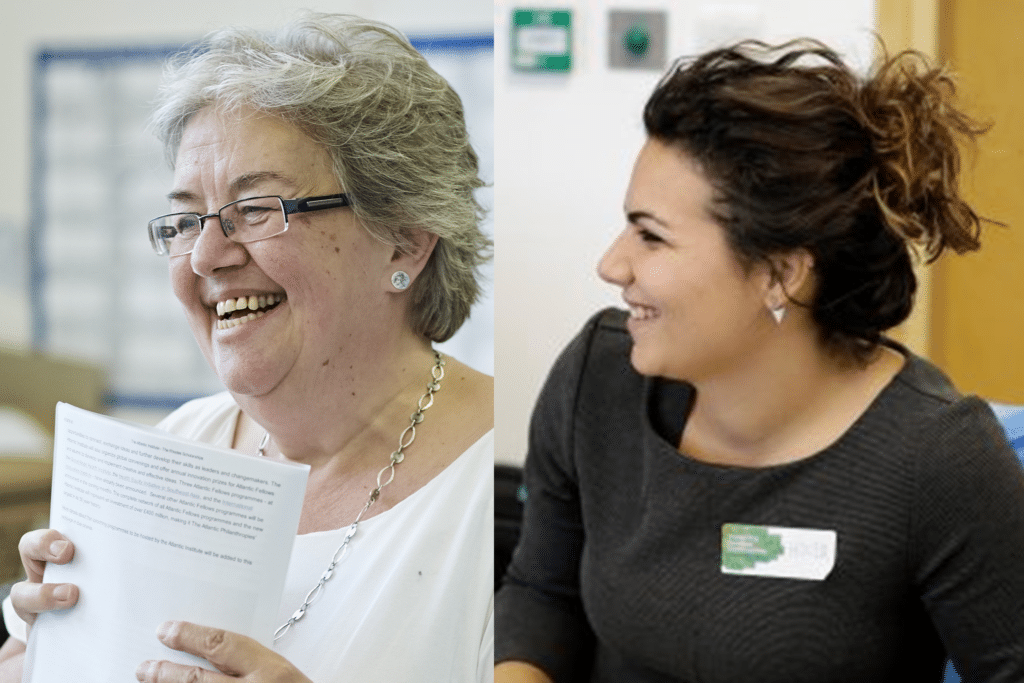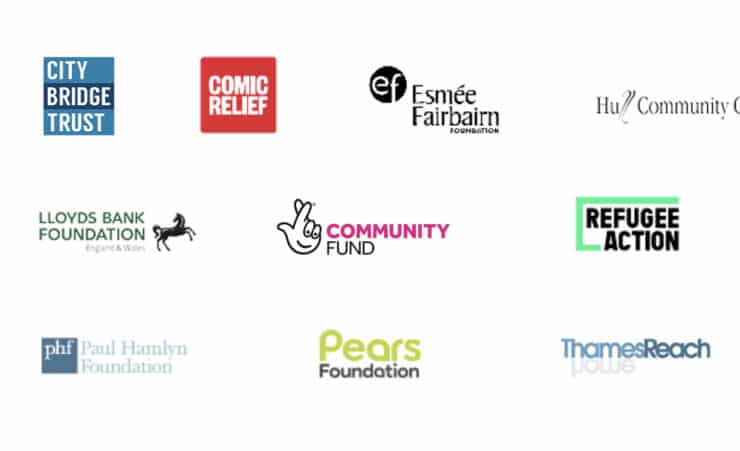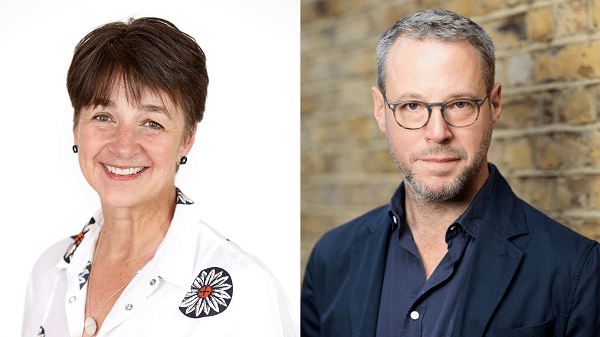
Allies not auditors:
Approaches to reporting and learning from flexible funders
10 min read
The gathering commitment amongst foundations to more open and trusting grant-making, and to the flexible, respectful practices that make it a reality, is not about abandoning careful stewardship of resources or efforts to understand and increase their impact. Rather, it is about creating more equitable and enabling funding relationships, which respect the skills and expertise of operational charities and give them the flexibility they need to do their best work. This will enhance the difference we can make together in support of the communities and causes we care about.
Throughout 2021, members of our Evaluation Roundtable Community of Practice have been sharing their efforts to inform and underpin more agile and collaborative behaviours. They are transforming learning systems and practices away from centralised command and control models towards approaches which support experimentation in all different parts of the ecosystem. Their most recent discussions explored:
- What flexible funding practices mean for reporting relationships between funders and funded organisations.
- How this speaks to foundations’ understanding of accountability, impact and learning to support strategic decisions about ‘what next’.
Transparency and clarity sit at the heart of a commitment to more flexible funding practices. Funded organisations experience a lot of stress in second guessing what funders want or need. The more foundations can make their thinking and intent visible, the easier it is for them ‘to operate confidently in the funding relationship and get on with the work’. And foundations, too, benefit: ‘We can’t prioritise everything. We need to be clear about what is really important to us’. Achieving this clarity and focus requires deep consideration: ‘It’s about codifying our own culture – to be clear to the organisations we are funding that we have to agree and set up our expectations upfront’.
Working towards transparency and clarity
A powerful first step is taking apart the different elements of the reporting and learning process, and scrutinising each in terms of purpose and value:
‘We need to rigorously separate what is essential for formal accountability and what is of value for good learning about our priorities.’
Accountability
Compliance reporting provides assurance to trustees that a foundation’s resources are being used responsibly. But it does not stand alone. Application processes provide their own assurance of capability and ‘fit’, which should underpin foundations’ assessment of compliance risk. Covid has seen many adopt both lighter touch application processes and more trusting reporting models. Their experience challenges established assumptions about appropriate levels of funder oversight and control: ‘These reports can be very straightforward’; ‘We need to agree the essential reporting we need for audit and risk purposes and stick to it’. Some have also found that more flexible funding models may, by their nature, be both hugely valuable for charities and freeing for funders in terms of compliance monitoring: ‘Giving unrestricted funding releases us from many obligations for tracking funds’.
Impact
‘No one goes into social action not caring whether they are making a difference or not. But understanding what ‘making a difference’ looks like, and who gets to decide what good looks like, is far from straightforward’. Foundations are far from uniform in their understanding of what impact looks like, whose impact they are judging and what they want to know about it. Some are essentially interested in tangible outputs of the ‘with this money, the organisations we support were able to provide a service to this many people’ kind, while some are concerned with substantive change in complex systems: ‘Our interest in the grant is in the context of the ecosystem we are funding. Within it “this is our priority; this is your priority – how are we all making progress towards our goals?”’. Many more are making judgements about impact not by ‘pushing down the responsibility for “Are we doing a good job?” to the people we are funding’ but by reflecting on their own performance: ‘We are focusing the ‘impact’ work on ourselves’.
Flexible funding can speak well to all these aspirations – but calls on funders to be a partner in the process of understanding impact, respecting the expertise and intelligence of the organisations they support rather than setting and imposing rigid agendas. Essential tests of any approach to impact reporting are its proportionality and the importance of its contribution to ‘so what’ and ‘what next?’. Impact measurement alone is too simplistic an answer to complex questions about how best to decide what to do next (as a charity) or how to deploy future funds (as a funder):
‘When we think about what we want to know about impact, we need to be clear that this is for the purpose of what we do next – holding onto a line of sight in terms of what we want to achieve in 5 or 10 years’.
Strategic decision-making
‘What intelligence do we need to help our trustees consider questions about strategy and decide what to do next?’
How trustees are responding to the changing context is fundamental to building organisational confidence within foundations to act differently. For some, established habits around reporting and learning no longer feel fit for purpose: ‘Often boards focus too much on risk and audit and not enough on strategy and change’. There are genuine concerns that boards may act as a barrier to changes in funding relationships that both support operational charities and promise better outcomes for foundations: ‘It’s not just that more flexible funding is popular with charities – it helps to further our strategy’.
But there are many examples of boards which take a more forward-looking attitude to their governance role, which frames their responsibilities in terms of strategy and change, not just risk and compliance. Foundations are set up to make a difference. The worst outcome is not that an organisation fails but that nothing changes for the communities and causes they care about: ‘The risk of not doing anything has meant people might go hungry, not that an organisation would go bust. And this realisation has shifted our concerns away from risk to organisations and towards risks to people’. Covid has also pushed long standing injustices up the agenda for many, strongly framing their strategic judgements: ‘We have a huge DEI agenda around bringing in organisations we haven’t worked with before – that’s where we have to put our attention’. Funders sit within a complex environment of factors, people and influences – all of which affect change. There are no simple answers for any of us to complex questions about how to improve and develop our contribution. A more trusting approach to grant reporting has the potential to support a more meaningful flow of information between charities and their funders that helps both to make better strategic judgements about ‘what next.’
Giving learning a seat at the board table
In April and May 2022, IVAR’s Evaluation Roundtable will be convening foundation trustees, chief executives and evaluation and learning staff to dig more deeply into the line that runs between flexible funding, accountability and strategic learning. And, in particular, the role that trustees play in supporting clarity and confidence within their foundation to act as allies in a common effort, rather than purely as auditors of the efforts of others.
‘What trustees want’ is a powerful driver of foundation practice, but it can be too easy to make assumptions about board attitudes and concerns: ‘I don’t think it is always the Board that is the barrier to change. We’ve all got used to a way of working that perpetuates unhelpful behaviour patterns’. Challenges arise for many reasons. Board time is very limited, and trustee responsibilities are broad: ‘In my experience as a trustee, I find we get very little opportunity to really engage with progress against strategy and the depth of learning available. Do we too often make assumptions about what trustees want? Are we held back by a sense of tension that may not be real?’. And it is too easy to end up talking at cross purposes: ‘Don’t assume that everyone is using language in the same way. Our trustees talk about “our impact” in a very generic way – it doesn’t necessarily mean they want to prove exactly what outcomes our money has bought’. Evaluation and learning staff do not always have the confidence, or the formal authority, to ‘be prepared to put it out there and say, “this is what we can know, and this is what we can’t”’.
There is a strong desire to change this situation: ‘We need to understand what is driving the apparent tension at board levels between flexibility, accountability and learning. And to find a way to align this rather than allow it to push us back to funding practices we know to be unhelpful.’


